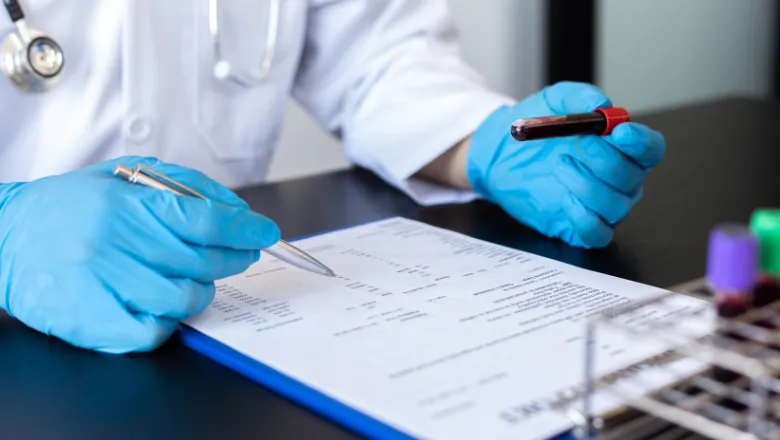
Research shows inflammatory link between frailty, social deprivation and heart disease risk in women
5th August 2025 – by King’s College London
New research using data from over 2,000 female TwinsUK members has uncovered a possible biological link between frailty, social deprivation, and cardiovascular disease (CVD) risk – with inflammation playing a central role.
Published in Communications Medicine, the study was led by researchers at TwinsUK, in collaboration with the University of Nottingham. It highlights how certain inflammatory proteins in the blood may connect the experience of living in disadvantaged areas with increased frailty and a higher risk of developing heart disease.
Frailty is a condition often associated with ageing, marked by a reduced ability to recover from physical or medical stress. Both frailty and living in more deprived areas are known to increase the risk of cardiovascular disease, but the biological reasons behind these links have remained unclear. To explore this, researchers examined 74 inflammation-related proteins in blood samples from women in the TwinsUK cohort, aged between 37 and 84, to see how they relate to frailty, social deprivation and CVD risk.
The team identified ten proteins linked to both frailty and living in a deprived area. Of these, four proteins – TNFSF14, HGF, CDCP1 and CCL11 – were also associated with a higher risk of cardiovascular disease. One protein in particular, CDCP1, was significantly associated with future heart disease events, such as narrowed or blocked arteries. These results were validated in an independent group of women from the Nottingham Osteoarthritis Study to ensure the findings were consistent across different populations.
The researchers believe that persistent low-grade inflammation – sometimes called ‘inflammaging’ – may act as a biological bridge connecting social inequality, ageing and heart disease. These findings could help guide more targeted strategies to reduce cardiovascular risk in vulnerable groups by focusing on both biological and social factors.
Dr Yu Lin, Research Associate in the Department of Twin Research & Genetic Epidemiology and first author of the study, said:
“By identifying overlapping biological markers linked to both social and health vulnerability, we were able to uncover a potential shared pathway between these risk factors.”
Dr Cristina Menni, Senior Lecturer at King’s and senior author, added:
“The stress of socioeconomic hardship may trigger harmful inflammation that damages health over time. If confirmed, this could open up new ways to prevent disease, not only through medical treatments that reduce inflammation, but also through social policies that address inequality.”
The researchers are now looking into how other factors, such as the gut microbiome, may influence inflammation and cardiovascular risk. Early evidence suggests that individuals in more deprived areas may have lower microbial diversity in their gut, which could further contribute to inflammation and heart disease.
Professor Ana Valdes, from the University of Nottingham and lead author on the study, said:
“By identifying these key inflammatory proteins we’ve shown how these factors may connect social disadvantage and ageing to heart disease, paving the way for targeted prevention strategies to protect vulnerable populations.”
This research was made possible thanks to the invaluable contributions of TwinsUK members. Every sample, visit and questionnaire plays a vital role in helping researchers better understand the complex relationship between lifestyle, biology and health. Thank you for your continued support.
